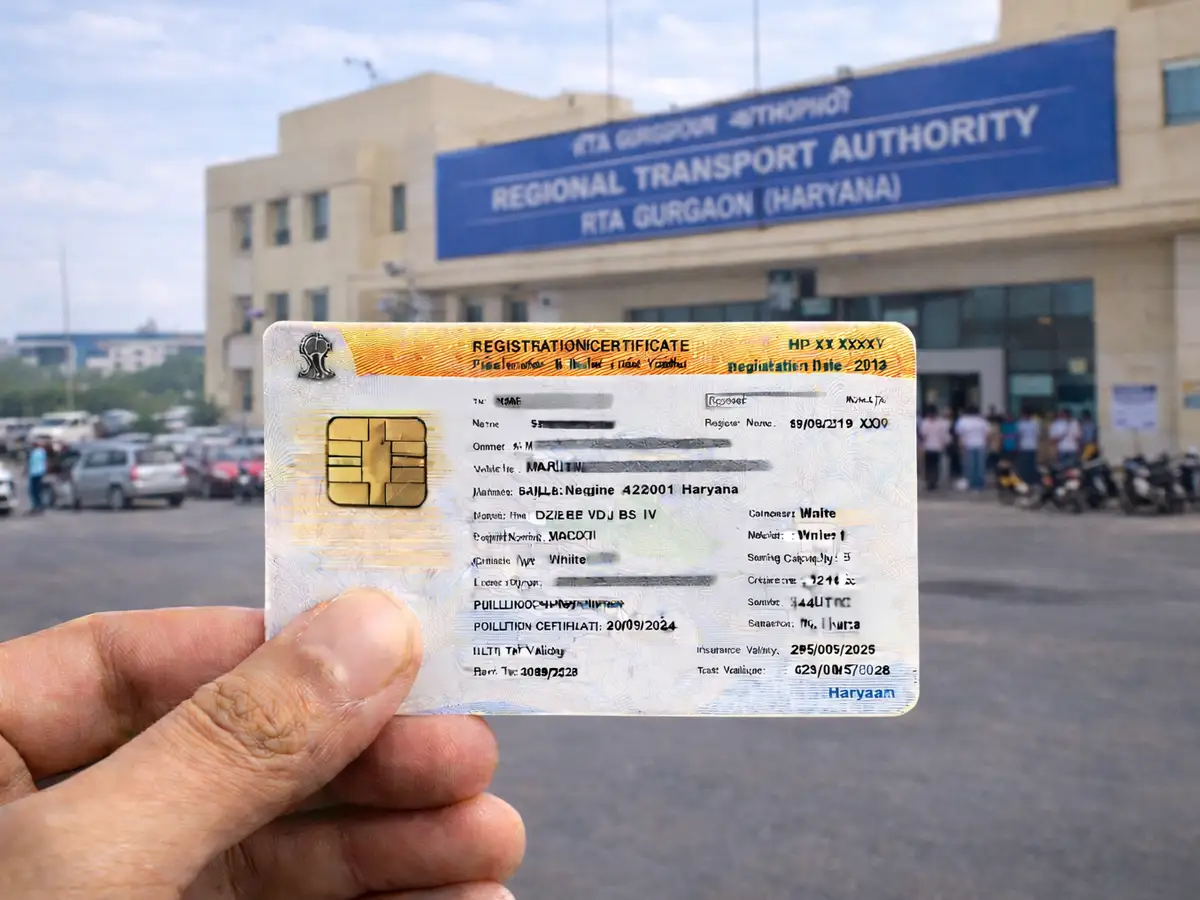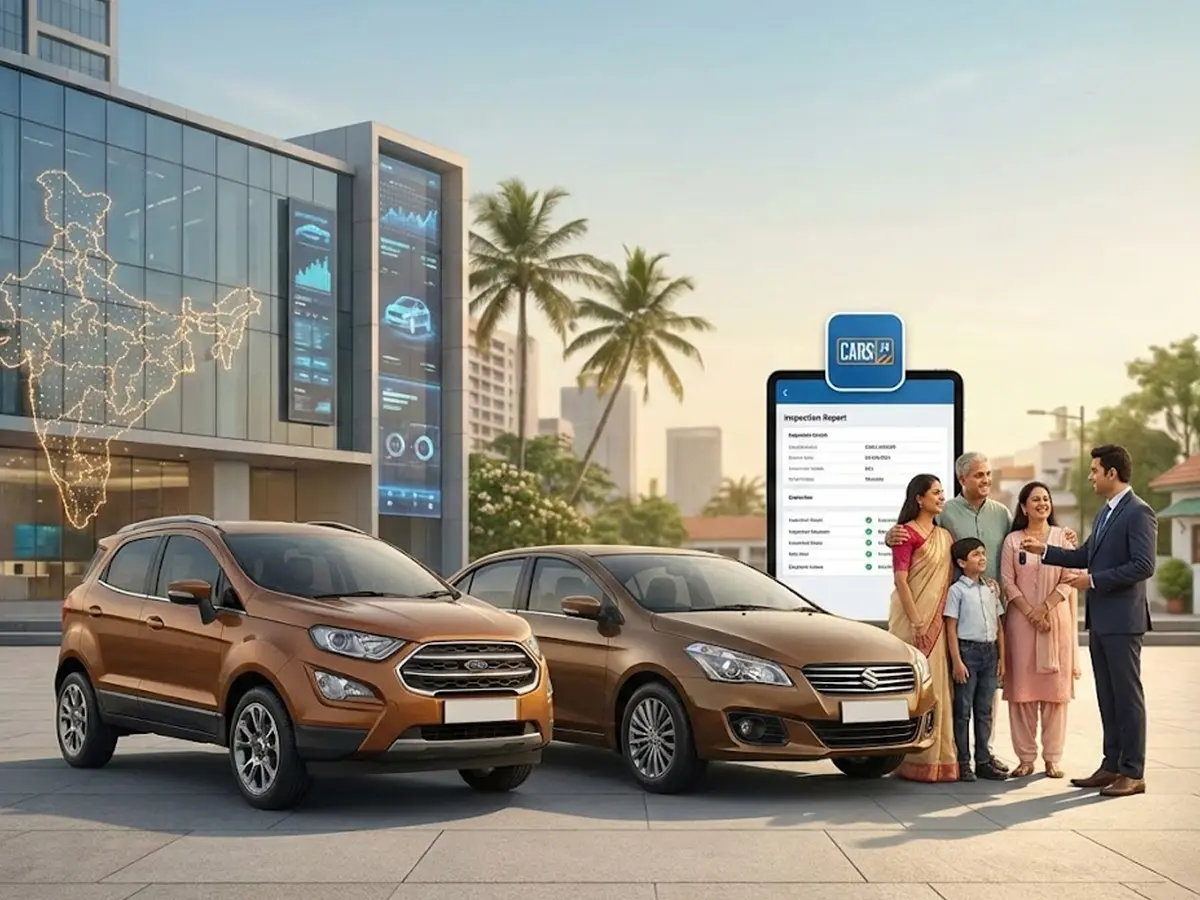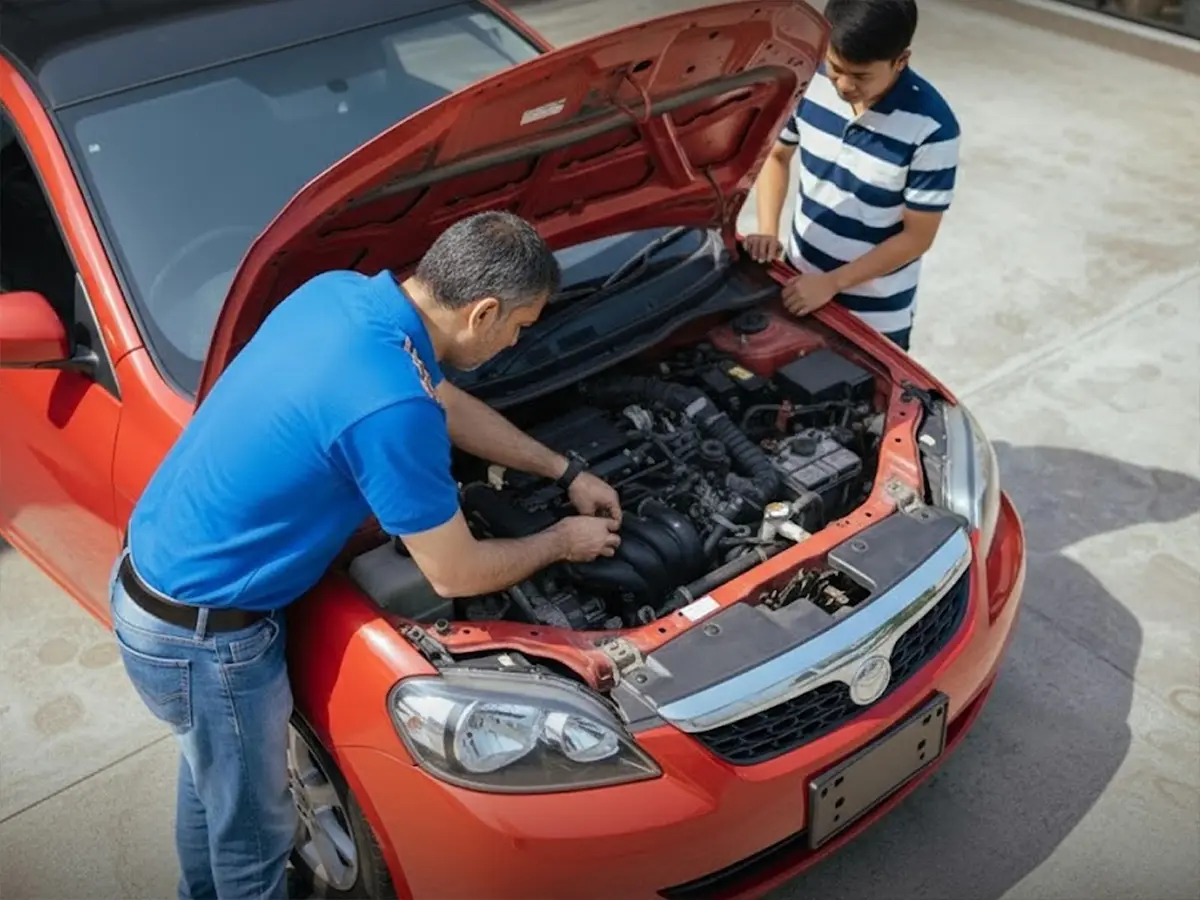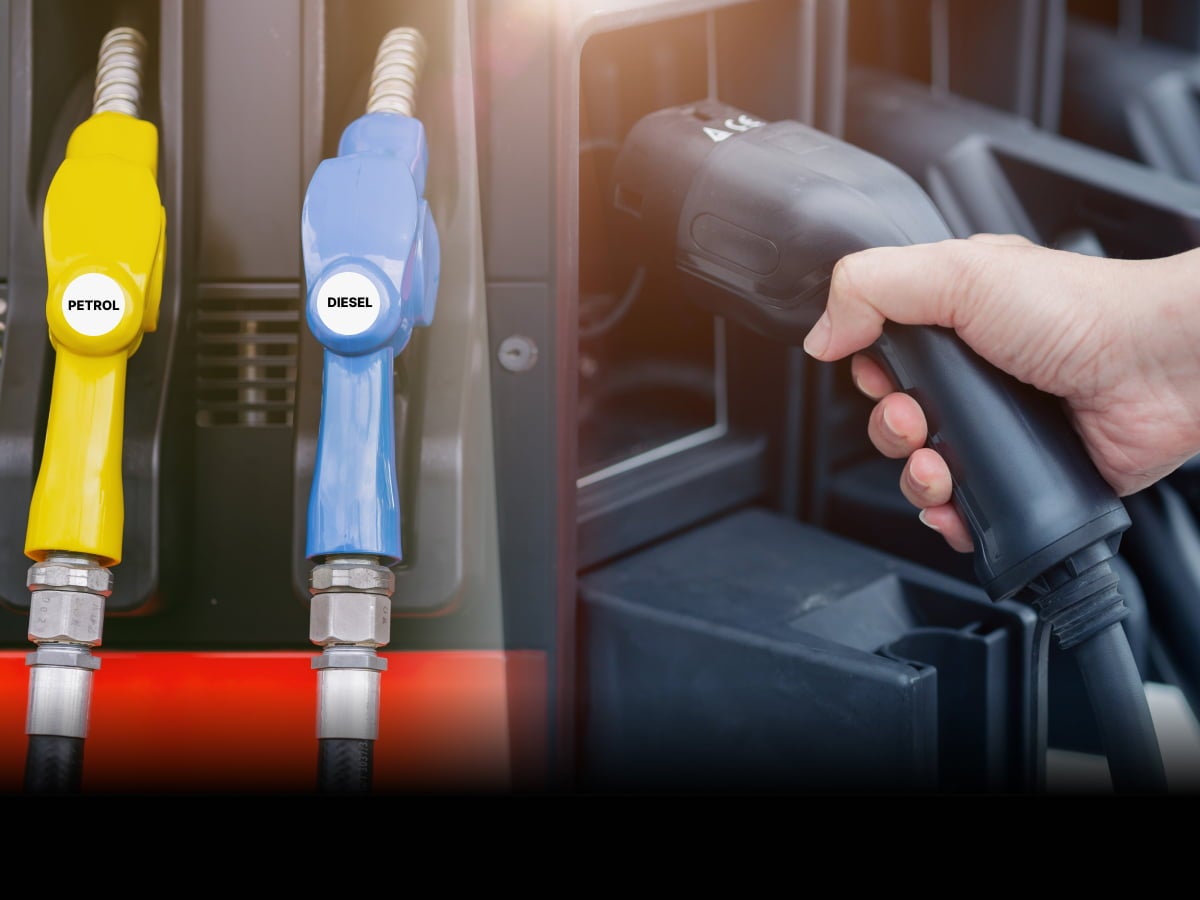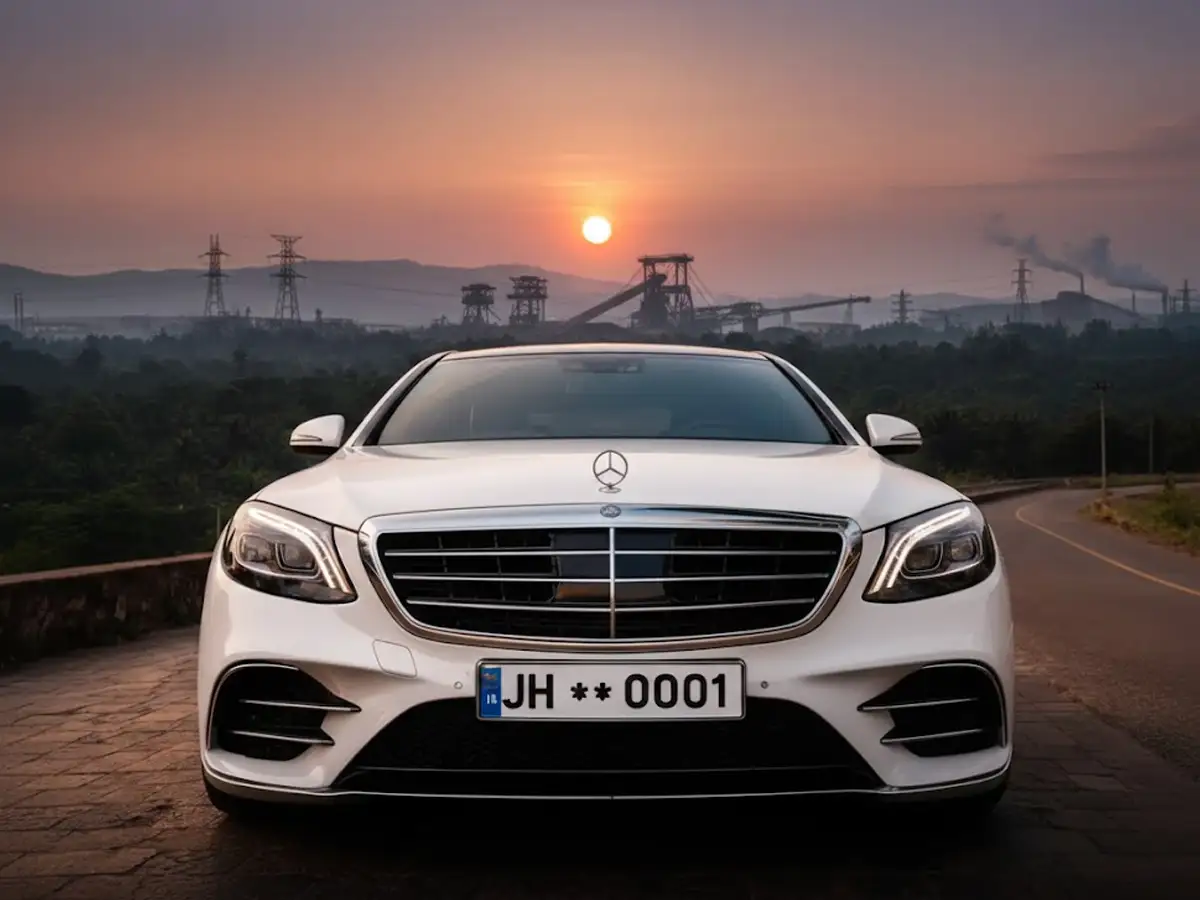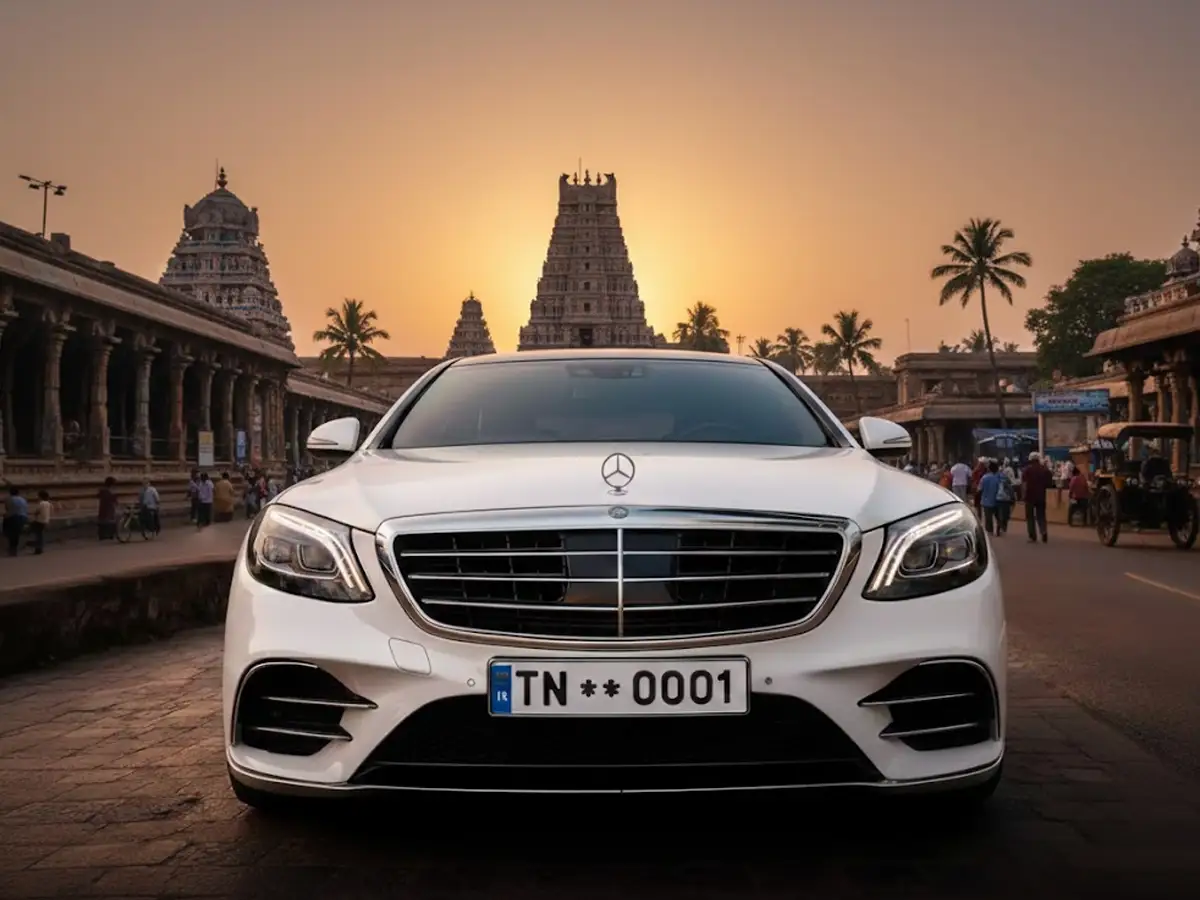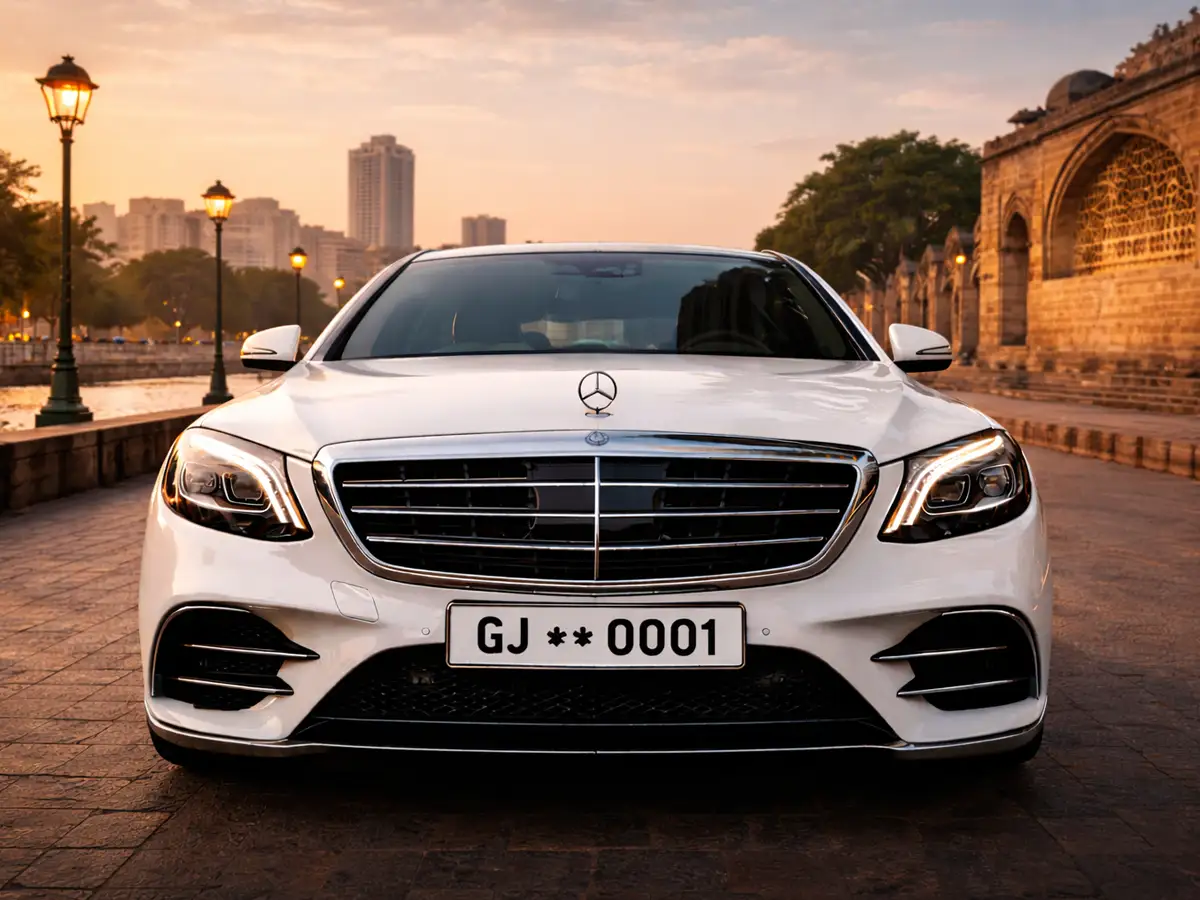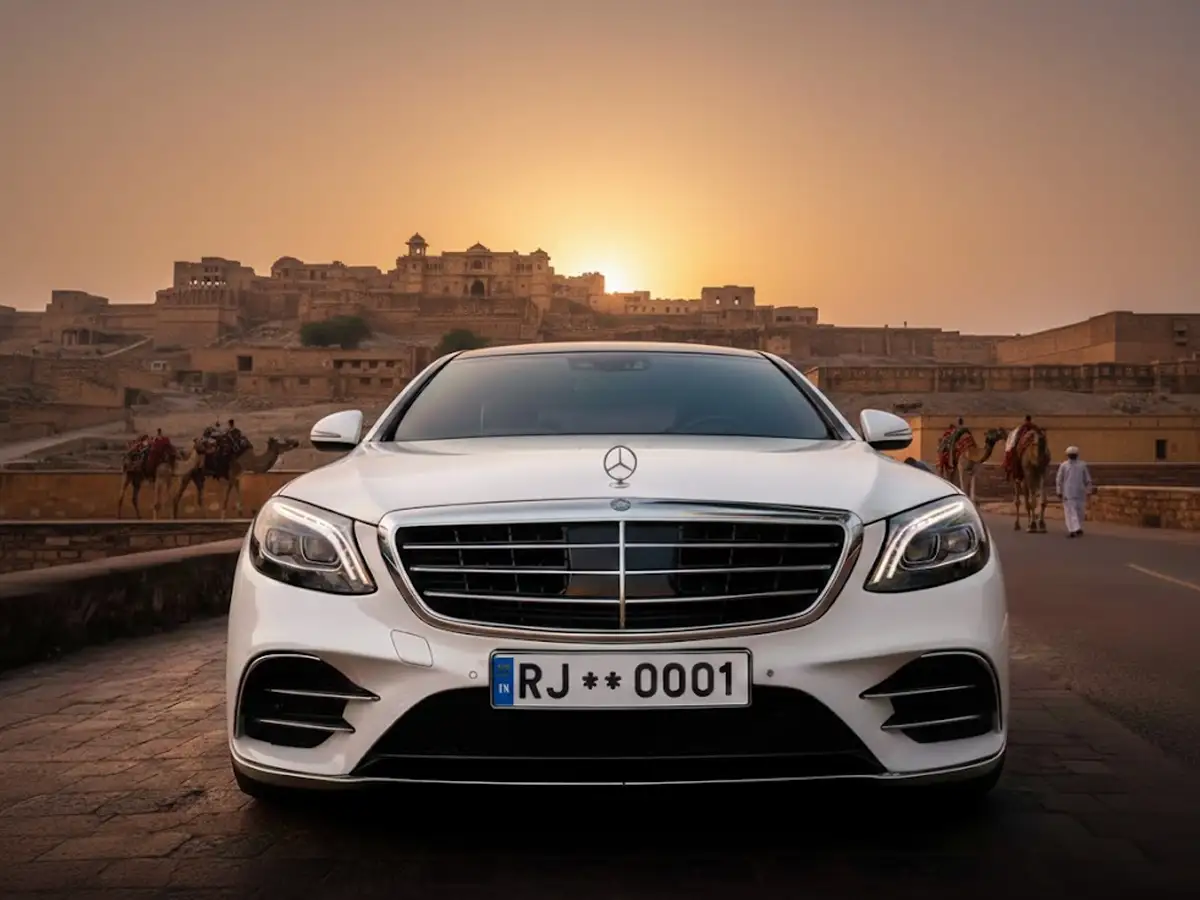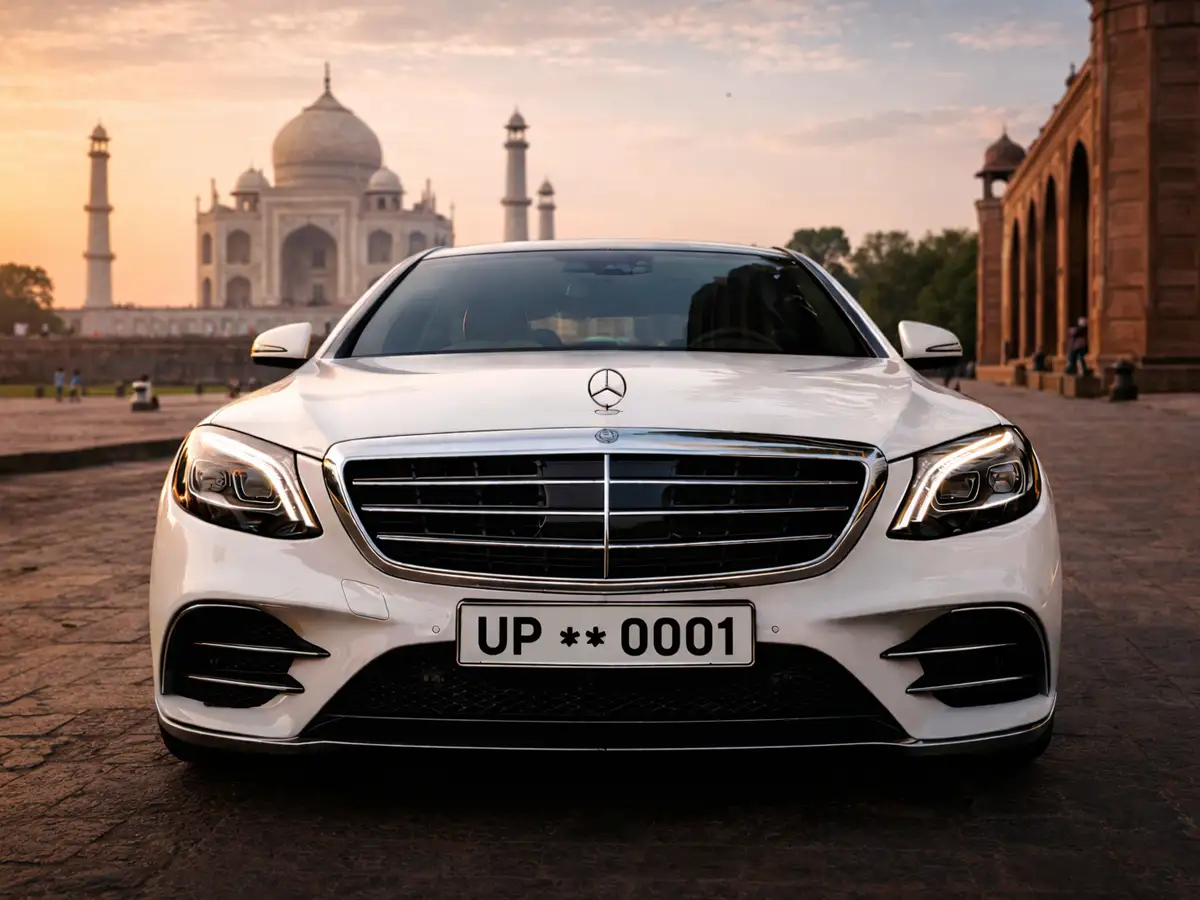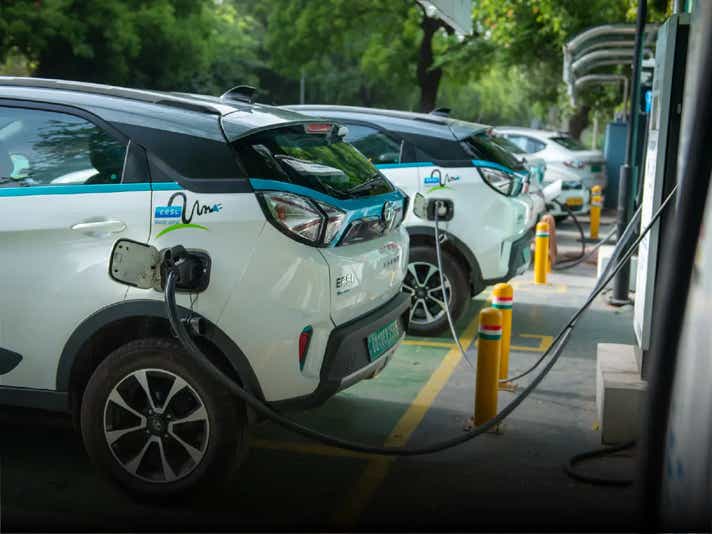

Electric Car Battery Replacement Cost in India
- 1Battery replacement is the single most expensive maintenance item for EVs
- 2EV battery replacement is complex task that must be completed at the service centre
- 3Most EV manufacturers offer a five to eight year warranty on battery packs
The widespread adoption of electric vehicles in India is steadily transforming the landscape of the country’s automobile industry. Lower running costs, growing environmental awareness, and favourable government subsidies have seen EVs go from extremely niche to a viable alternative to traditional petrol and diesel vehicles.
The batteries that power EVs are far removed from the traditional automotive batteries you see under the hood of fossil fuel powered cars. Conventional car batteries are compact and generally power lights, infotainment systems, various other electrical components, and spin the starter motor to get the engine running. EV batteries, on the other hand, are much larger and must be powerful enough to do all of the above while also powering the propulsion system.
Traditional vs EV Batteries
Aside from their larger size, weight, and capacity, EV batteries also differ from conventional car batteries in their construction. While most regular car batteries are of either the lead-acid type or the AGM (Absorbed Glass Mat) type, EVs are equipped with lithium batteries similar to the ones in your phone, but much bigger.
EV batteries are also a lot more durable and last a lot longer than conventional automotive batteries. Regular batteries usually need to be replaced every three to five years, while the lithium battery packs in EVs are designed to last eight to ten years. Most EV manufacturers offer a five to eight year warranty on battery packs.

Electric Car Battery Cost
Replacing the lithium battery pack in an electric car brings with it a substantial cost. In fact, it is the most expensive maintenance item for electric vehicles. Replacement batteries for affordable, entry level EVs can cost between Rs 5 lakh and Rs 6 lakh, and prices can go up to Rs 10 lakh for larger, more premium vehicles.
Also, EV battery replacement isn’t a simple swap that you can do at home. It is a complicated process that must be carried out by trained technicians at the authorised service centre.
Electric Car Battery Replacement Procedure
Unlike conventional cars that have the battery in an accessible location, usually in the engine compartment, Electric car battery packs are usually located under the floor of the vehicle. Swapping these out is a highly technical and time-consuming process. Let’s take a closer look at the steps involved.
Diagnostic Testing
The first step is assessing the condition of the EV battery and whether or not it needs to be replaced. This is achieved with diagnostic software tools that indicate the state of the battery pack.
Battery Removal
The method for accessing and removing the electric car battery varies from vehicle to vehicle. Some cars may require the removal of interior components, such as the seats, carpet, and flooring to get to the battery pack, while others may necessitate disassembly of parts of the undercarriage. In either case, specific high-voltage safety protocols must be adhered to.
New Battery Installation
A new battery pack is installed and all the associated electrical couplers are reconnected. The vehicle’s Battery Management System (BMS) that monitors and controls the performance of the battery pack must also be calibrated to sync with the new battery, to ensure safe and efficient operation.
System Check
Once the new battery pack is installed, technicians must run a detailed diagnostic to check for faults. This ensures that all systems are performing as they should before the vehicle is returned to its owner.

Factors That Affect Electric Car Battery Prices
There are a number of factors that influence electric car battery replacement costs. These include:
Battery capacity - Larger battery packs with higher capacity naturally cost more.
Warranty coverage - Should the battery pack fail and need to be replaced during the warranty period, replacement is usually free or heavily subsidised.
Import dependence - As most EV batteries are imported, they are subject to fluctuating foreign exchange rates, as well as local import duties.

Conclusion
As EVs gain traction in India, understanding the long term costs is crucial for prospective buyers. While EVs offer lower running and maintenance costs, battery replacement is a significant expense and requires the involvement of trained technicians at authorised service centres.
Hopefully, we will see these costs reduce in the coming years with the evolution of local manufacturing capabilities, more comprehensive warranty coverage, and better battery technology. A reduction in the cost and complexity of EV battery replacement is sure to make EV ownership even more accessible and sustainable in the future.
Frequently Asked Questions
Expand all



